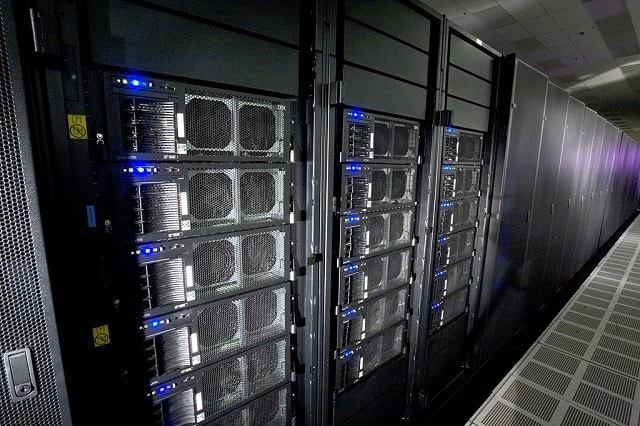Publishing a website shouldn’t come with much grief or worry. Once your website is up and running, traffic hopefully flows in. If the purpose of the website involves drawing attention or earning money, you want to concentrate all your energy on these things. You definitely don’t want to panic about security lapses and breaches.
Sadly, many of the responsibilities for the website’s security often falls outside of your hands. Part of the web hosting company’s job is to maximize security. Your job, however, becomes making sure to choose a web hosting company that maintains high standards for security.
1. Strong Anti-Virus and Other Protections

Never overlook the value of basic security measures. The network and server associated with the hosting system must maintain updated and sophisticated antivirus, firewall, and malware prevention programs. Otherwise, malicious intrusions shall easily enter into the network. Once there, the server hosting your website could become infected.
Chaos then results due to an inexcusable oversight of security. So, confirm what types of protections are in place with the hosting company before signing any deals.
2. Conduct a Little Research

Inquire about any previous security problems. If the company can provide proof it hasn’t successfully been compromised by intruders, the hosting service might a solid one to select. If the company has experienced security problems, ask about what has been done to keep these things from happening in the future. Just because a hosting company suffered a security breach doesn’t automatically mean its a “bad” company.
3. Access to Private Servers

A lower-cost option, shared servers house several different website publishers are housed on the same server. Bandwidth can be a little slow, but that’s one tradeoff for the lower price. The security-minded customer, however, should think about paying extra for a private dedicated server. Remember, when you share a server with others, you inherit any problems they bring to the server.
For example, if a prankster targets a separate website with a denial of service attack, the attack hits the same server hosting your website. If the primary target goes offline, so does your website. Spending extra for a private dedicated server can present a bit of security-related peace of mind.
That said, the shared servers could maintain a high level of security. They aren’t automatically weak. Still, a private server might be the far better choice.
4. Data Backup Systems

One of the most disastrous situations to deal with involves all the data associated with your website being wiped out. A hack, a server crash, or another unwanted and unexpected incident could lead to a major data disaster. If the lost data can be restored, however, then the problem becomes little more than a mere inconvenience.
Ask if the hosting company has a backup system in place and how long it would take to restore things to normal in the event of a disaster. This way, regardless of what happens, you know you won’t be starting everything over right from scratch.
5. The Existence of a Managed Response

No matter how hard a hosting company works at keeping intrusions out, malicious parties work equally hard to break through defenses. Even the social media giant Twitter revealed a massive security breach led to passwords being compromised. Twitter’s public revelation and measured response display how the company had a plan in place to deal with security breaches.
The web hosting company should develop a similar plan. That’s not acceptable. Something effective must be done when a security breach occurs. A smartly-managed web hosting company already has procedures for responses in place.




